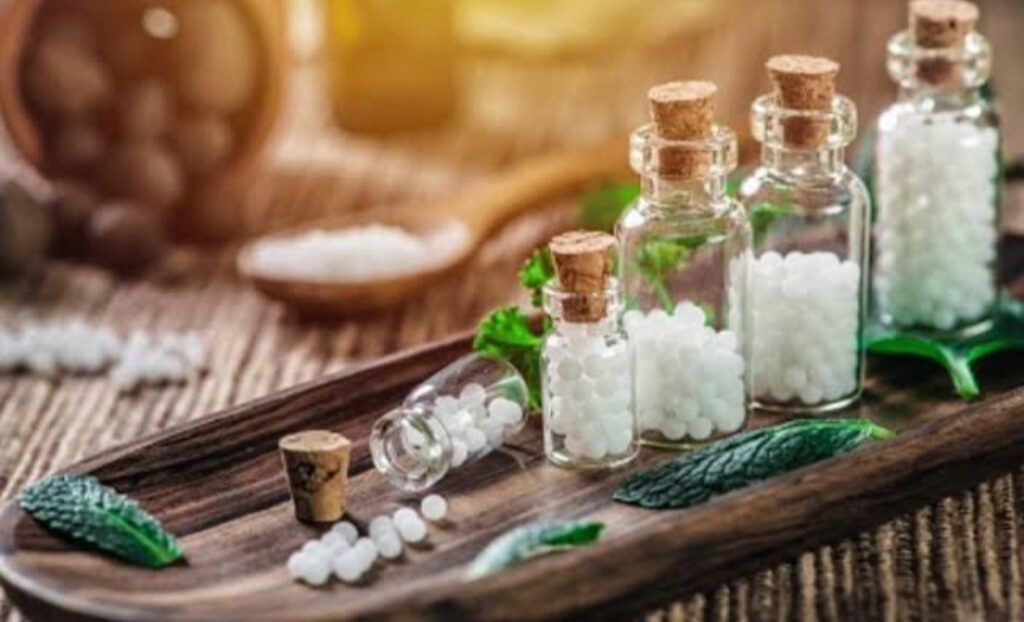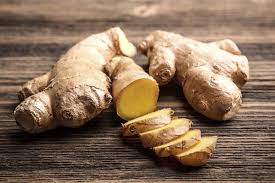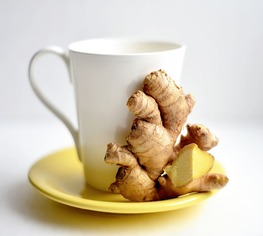
Of all the herbal remedies for the successful treatment of common health issues — including, most importantly, unchecked inflammation – ginger, referred to in scientific nomenclature as Zingiber officinale, is arguably the most overlooked.
The hardy Southeast Asian root has played second fiddle in recent years to its more popular anti-inflammatory cousin, turmeric. However, ginger’s noteworthy potential as a healing salve deserves a revisit.
Let’s take a deep dive into the remarkable health-promoting properties of ginger and why you should be utilizing it to keep yourself healthy in these uncertain times.

Historical Naturopathic Use of Ginger
Ginger has historically been one of the most widely used healing herbs across space and time.
The early seafaring Austronesian people first cultivated ginger several thousand years ago. Since its initial use among Southeast Asian peoples, the plant began to circulate throughout the world as a biproduct of increased trade between various cultures.
Eventually, the Indians acquired ginger through the vaunted Indian Ocean Spice Route and dramatically expanded the contemporary understanding of how to best utilize the herb.

As a result, ginger took a prominent place in the canon of Ayurvedic Medicine, the traditional folk medicine of ancient India that has enjoyed a resurgence in popularity in the West due to its proven efficacy as a legitimate medical discipline in modern-day clinical settings.
The practitioners of Ayurvedic medicine in the old times produced myriad volumes of medical literature that spanned the documented use of more than 700 herbs to treat more than 5,000 health conditions. None, though, were more extensively lauded in the ancient texts than ginger.
The ancient Indians used ginger to treat:
- Indigestion.
- Poor nutrient absorption.
- Blunted appetite.
- Motion sickness (sea sickness)
- Joint pain.
Ayurvedic practitioners employed the use of ginger so often, in fact, that it was known in India in its heyday as the “Universal Medicine.”
In modern times, we call such a wonder drug a “panacea.” If any herb deserves that title, it is ginger. Here’s why.
Ginger’s Impressive Anti-Inflammatory Activity
Much of the corroborated medical applications of ginger stem from its potent activity as an anti-inflammatory agent.
Modern researchers now widely regard unchecked, chronic inflammation as the number one driver of human disease.
Inflammation occurs when the body attempts to respond to a threat from the environment, perceived or real. Once the innate human alarm system – in the form of biological signaling through the endocrine system – is sounded, inflammatory cytokines and other cells of the immune system swarm to respond.
The swelling of an ankle following a tendon tear and the swelling of the throat during upper respiratory infections like the common cold are just two everyday examples of inflammation in action.
In America in 2020, we live in a toxic inflammatory stew of rampant air and water pollution, processed foods (loaded with inflammation-amplifying preservatives such as monosodium glutamate (MSG) and others), hectic lifestyles, and poor sleep habits.
In tandem, this team of inflammatory offenders damages our health day-by-day with low, chronic levels of inflammation that add up over time to contribute to disease.
While inflammation is a necessary and, indeed, life-saving response to stress, threats, and injury, it is a double-edged sword with a nasty flipside.
Inflammation has been implicated as a major contribute to autoimmune diseases (asthma, multiple sclerosis, etc.), cancers, impaired immune system function, cardiovascular disease, and nearly every other major category of disease currently documented by medical science.
Enter ginger to save the day.
How Does Ginger Combat Inflammation?
Ginger owes its remarkable inflammation-fighting abilities to its roster of compounds that comprise its rich phytochemistry profile.
In terms of anti-inflammatory activity, researchers have fingered the four main compounds in ginger known to reverse inflammation:
- Gingerols.
- Shogaols.
- Paradols.
- Zingerone.

